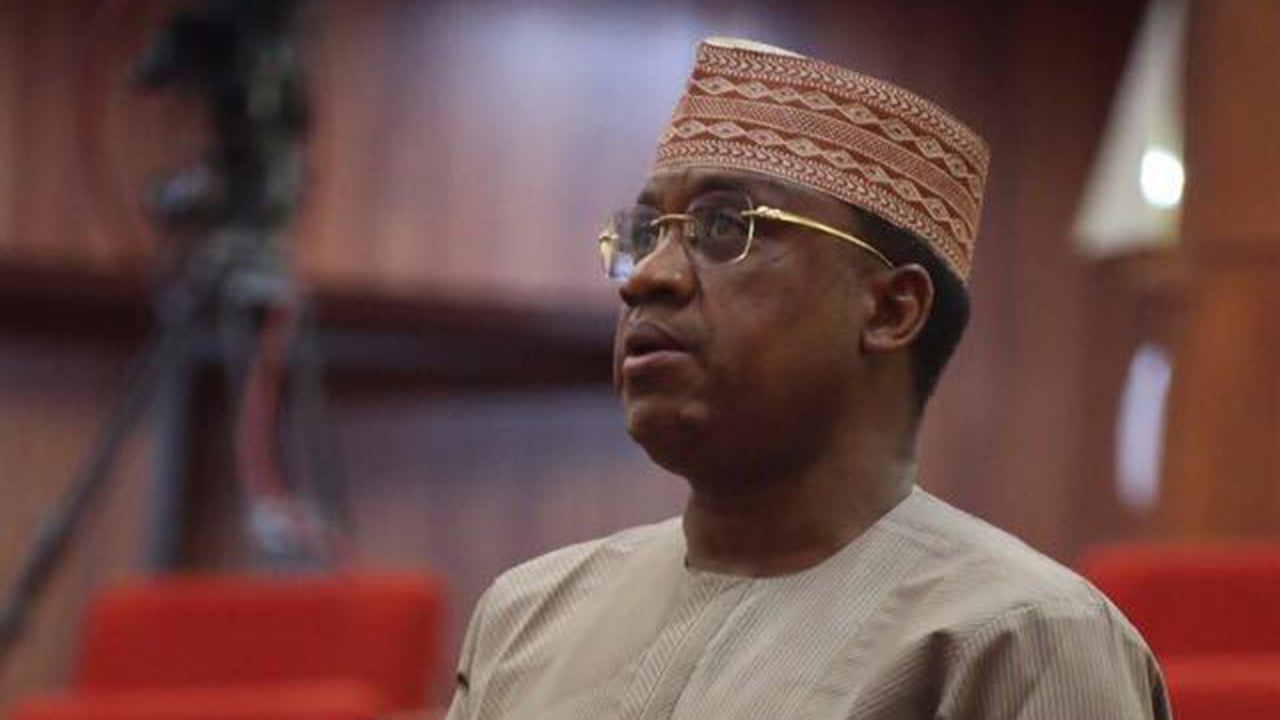
An appeals court ruled that Lisa Cook can remain as Federal Reserve governor on Monday. The decision overturned President Donald Trump’s efforts to remove Cook ahead of a vote on interest rates.
It is expected that the Trump administration will turn to the Supreme Court to remove Cook from her position ahead of the Fed’s two-day meeting that starts on Tuesday. Cook’s lawsuit, looking to permanently block her firing, still must make its way through the courts.
Trump’s attempt to oust Cook comes as the White House has been aiming to reshape the Fed’s seven-member board. The governing bard was originally formed to be independent from usual day-to-day politics.
In the agency’s 112-year history, no president has fired a sitting Fed governor.
On Monday, Senate Republicans confirmed Stephen Miran, Trump’s nominee, to a spot open on the Fed’s board. Unless the Supreme Court decides to intervene at the last minute, the Fed’s committee will meet to discuss interest rate setting on Tuesday and Wednesday.
This meeting will include all seven governors and the 12 regional bank presidents. Twelve of the nineteen officials will vote on the central bank’s short-term rate. All seven governors and five regional presidents make up the twelve votes.
Last month, Fed Chair Jerome Powell signaled that the Fed would most likely cut the key rate at this meeting. If they do, the rate would be cut from 4.3% to 4.1%. In anticipation of the cut, some borrowing costs, like mortgages and car loans, have declined and could become lower.
Trump attempted to fire Cook on Aug. 25, but was halted by a federal judge last week. The judge ruled that Cook’s removal was illegal and reinstated her position on the Fed’s governing board.
Previously, businessman and Trump appointee, Bill Pulte, accused Cook of mortgage fraud. The claim came as Cook appeared to have claimed two properties as “primary residences” in July 2021, prior to Cook joining the Fed board.
If the claims are true, Cook would be able to receive a smaller down payment and a lower mortgage rate with two primary residences rather than one. Cook has since denied such allegations.
The appeals court, in a 2-1 decision, ruled that Cook’s due process rights were violated as the administration did not provide her with a formal opportunity to address and respond to the allegations.
Legal scholars see this case as the Trump administration’s threat to end the Fed’s political independence. Economists often prefer independent central banks as they are more likely to do unpopular things, such as lifting interest rates to fight inflation, compared to elected officials.
Some economists have expressed worry about what could happen if the Fed falls under White House control. Some fear that the White House may have the Fed keep its key interest rates lower to satisfy Trump’s demands for cheaper borrowing.
This may accelerate inflation and may push longer-term interest rates, like mortgages and car loans, higher.



